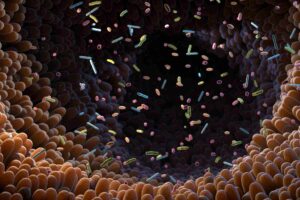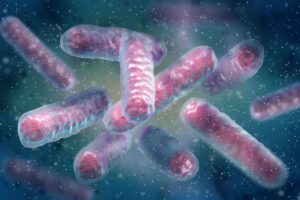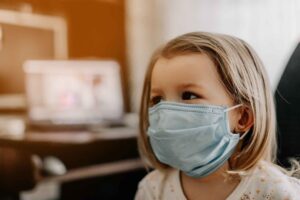infections
Gastroenterology, Nutrition
Diet-induced changes in the gut microbiota confer protection against respiratory infections by regulating the development of key components of the immune system.
Video
Microbiomepost discussed with Vanessa Harris during the MicrobiotaMI congress 2023 about viral interaction with gut microbiome.
Industry
Lactobacillus plantarum P 17630 has obtained marketing authorization from the health authorities of the first group of EU states for the topical vaginal drug in soft and hard capsules.
Immunology
The immune system tolerates flagellins of commensal bacteria while mounting an immune response against flagellins produced by pathogens.
Gynecology
The findings of a new research suggest that obesity-induced changes in the vaginal microbiota can affect the immune responses against viral infection.
Gastroenterology, Immunology
Microbiota alterations in COVID-19 patients appeared to be associated with secondary infections of the blood by gut bacteria: four cases of positive blood cultures of Staphylococcus species were identified.
Pediatrics
Moraxella may be involved in protecting children from COVID-19 infections through its action on amino acid and lipid metabolism in the upper respiratory tract.
Gynecology, Infectiology
New research indicates that recurrent urinary tract infections and estrogen can shape the urogenital microbiota in ways that may protect against recurrent infections.
Pneumology
COVID-19 alters the local immunity of the lung in ways that weaken the body’s antimicrobial defense and facilitate the development of secondary infections.
Pediatrics
The findings of a new research suggest that IgG in breast milk promotes immunity against intestinal pathogens and shapes the development of the gut microbiota and immune cells in early…











